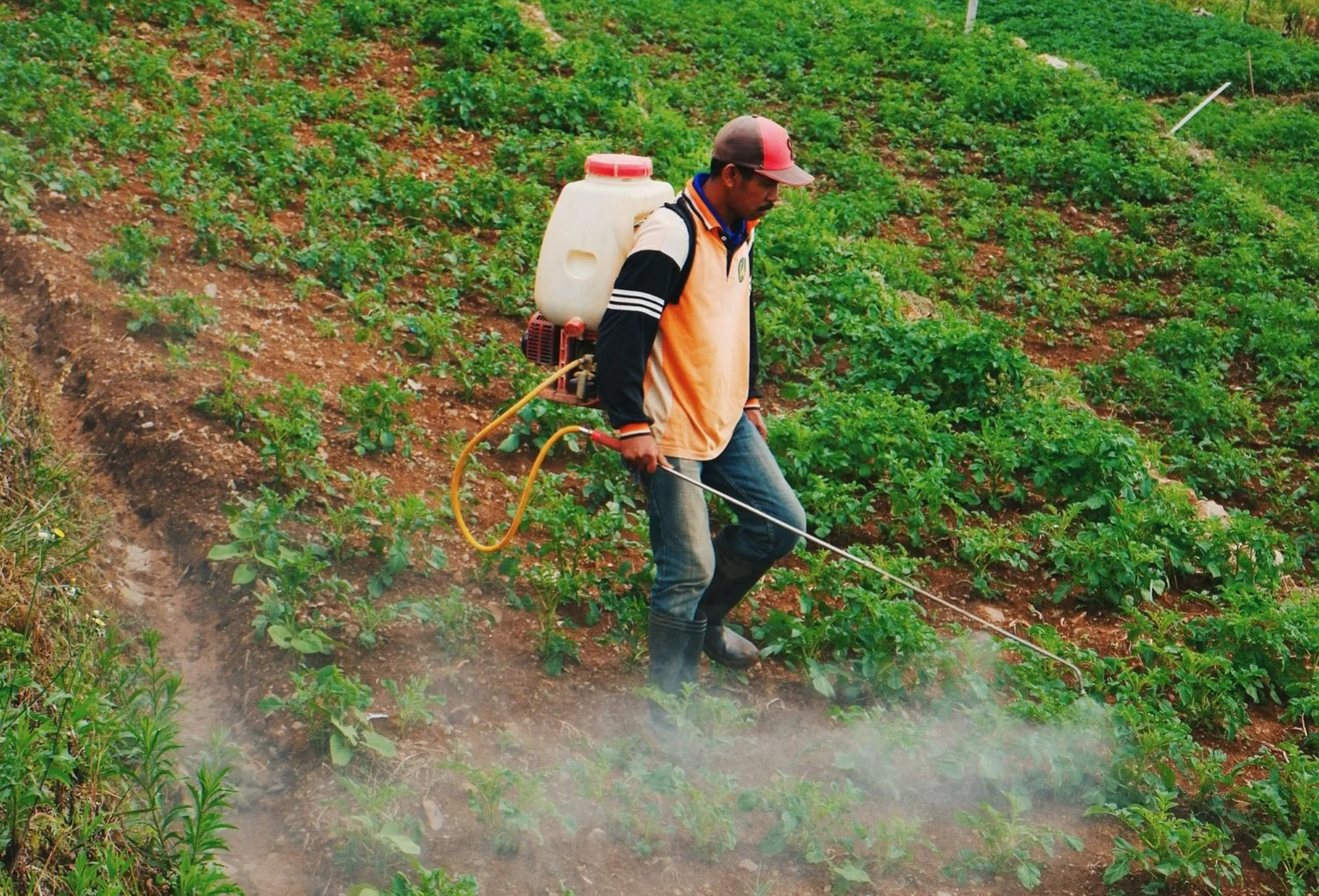Agriculture responds to Samoa Observer's questions on paraquat ban
1. Is there any progress on actions from the Government and MAF to consider banning paraquat?
The Government through the Ministry of Agriculture and Fisheries (MAF) has made significant strides in addressing concerns related to paraquat. In collaboration with the Food and Agriculture Organization (FAO), a Pesticide Management Gap Analysis was conducted in 2023. A crucial aspect of this initiative involved a stakeholder consultation held in December 2023, wherein the issue of paraquat use was deliberated. The primary focus was on data collection and evidence-based assessments regarding paraquat usage in Samoa.
The analysis revealed a notable absence of substantial data on pesticide use in Samoa, particularly from the groups advocating for a ban on paraquat. Recognizing the importance of data in supporting such initiatives, efforts are underway to enhance data collection mechanisms.
It is essential to note that advocating for a total ban on paraquat necessitates the availability of viable alternatives, especially for regular users like farmers. Until a suitable alternative is identified and made accessible, the proposition to ban paraquat will be carefully considered.
Continuous collaboration with FAO and other international partners is underway to not only explore alternative options but also to ensure that any potential ban aligns with Samoa's obligations under the Rotterdam and related Conventions on the management of chemicals.
The official findings of the Pesticide Management Gap Analysis are anticipated to be released sometime in 2024, providing a comprehensive overview of the situation and guiding future actions in addressing paraquat usage in Samoa.
2. Some of the concerns raised are the chemical kills not only weed, it is also poisonous and is connected to a lot of suicide cases in Samoa and kills dogs.
According to the Consultants' findings, as noted in the report, there was no substantial evidence from the organisations that initiated the call for a ban. They have no data or evidence to support suicide cases and dog killing, therefore direct correlation to paraquat hasn’t been conclusively established.
Is there no other alternative to use by farmers instead of paraquat?
There are alternatives; however, none have proven to be effective and affordable for our farmers. Bear in mind that the majority of our farmers (>85%) fall within the range of subsistence to semi-subsistence farmers, as per our 2019/2020 Agricultural Census report.
3. Why has it taken so long for MAF to ban the use of paraquat?
The process to ban is guided by the Rotterdam Convention and other related Conventions, for chemical management, there needs to be conclusive evidence or analysis to support the ban as well as the importance of an alternative. However, a general guideline of that we had to consider in this process to ban includes but is not limited to the following policy considerations such as;
• Scientific Analysis: Regulatory bodies typically require thorough scientific analysis to support any ban or restriction on a substance. This analysis involves evaluating the potential risks associated with the substance, including its impact on human health, the environment, and non-target species. Gathering and analyzing this data is a time-consuming process, as it involves studies, research, and peer-reviewed assessments.
• Best Alternative Solutions: Before implementing a ban, it's essential to identify and promote viable alternatives. This ensures that industries and individuals dependent on the substance have suitable replacements that are both effective and less harmful (and mostly cost-effective for our numerous subsistence farmers). The search for alternatives, along with testing and validation, can also contribute to the length of the decision-making process.
• Social and Economic considerations: Political and economic factors can also play a role in the decision-making process. Balancing the need for public health and environmental protection with economic considerations, such as the impact on food security / agricultural production, can complicate the decision-making process. Banning the widely used Paraquat without a viable alternative can have huge economic implications on agricultural supply, labour, and trade.
• Legal and Procedural Requirements: Analyzing existing legislation, International Conventions and policies that may impact on this initiative to ban.
Therefore, extensive time is needed for the process to ban paraquat ensuring all relevant considerations, policies, and laws are followed. Limited resources and capacity are other factors that contributed to delays in the process.











